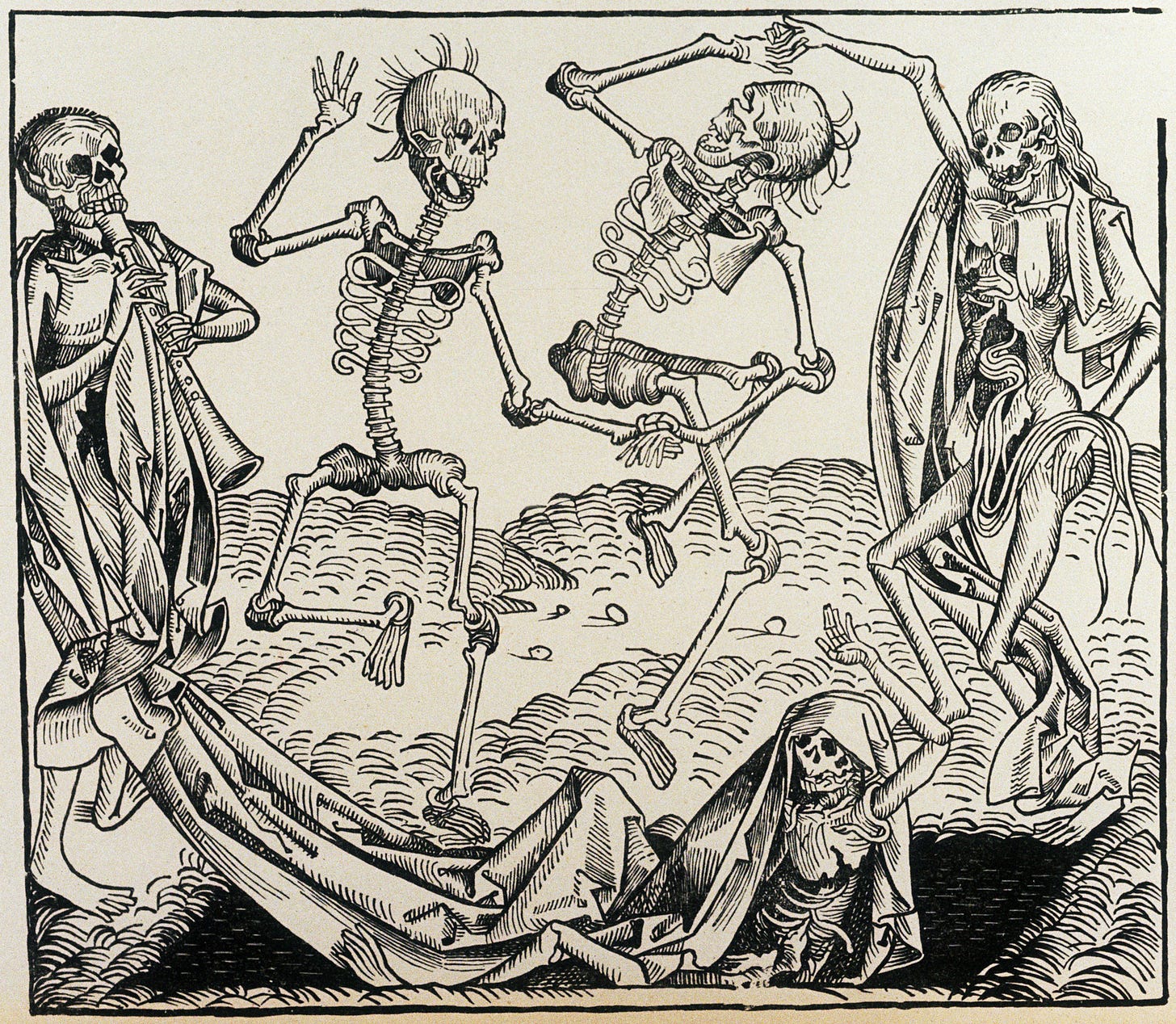Don’t fear the reaper
We have become reluctant to accept death as an integral part of life.
The manner of my death struck me as amusing. It was the summer holidays at the boarding school near Ipswich where I had been teaching for two years. The site was deserted, save for the few members of staff who had nowhere better to go. I was taking a walk by the seawall to the south of the school, a long earthen barrier which had been created to prevent flooding. Seized with an uncharacteristic urge for adventure, I deviated from my typical route and turned instead along a crooked tongue of wet sand stretching out into the Stour Estuary. On my third or fourth step the ground seemed to give way, and my leg descended into a sodden mass up to the knee. Undeterred, I took another step. This time my whole leg was immersed, and my other had begun to sink. Before long I was trapped, waist-deep in a kind of quagmire, as though the earth was attempting to drink me in.
I don’t suppose I was there much longer than half an hour, but the tide seemed to be drawing in fairly rapidly. I knew that the water would eventually rise above my head, and so I was for a while convinced that these were my final moments. There was little chance of a dogwalker straying this far from the school campus, so I didn’t bother calling out. For some reason, my instinct was not to panic but to smile. I felt almost relieved that there was no-one around to witness my humiliation. How absurd, I thought, that I should die in such a supremely pointless way by a river in Ipswich, lodged halfway into the ground, with nothing else to do but wait patiently to drown.
Needless to say, I didn’t perish. As an improbable weakling, I surprised even myself when I managed to haul my body out of the ground by grabbing on to a nearby boulder. Hardly a brush with death, you might say, rather an anecdote that I would later be happy to embellish for comedic purposes. That said, when I eventually got around to researching the topic on the internet I discovered that death by mudflats on the various coastlines of Britain is not as rare as one might assume. It hardly bears thinking about the number of people who die every year of easily avoidable accidents, some of whom at least achieve a degree of immortality through the annual “Darwin Awards” which are given to those who have eliminated themselves from the gene pool through their own idiocy.
Irrespective of whether or not I could have actually drowned that day, it was probably the first time in my life that I had ever genuinely felt that death was imminent. It was an interesting sensation. I suppose that the brevity of the human lifespan means that we are always close to death, so a little mental preparedness is no bad thing. For my birthday that year, my head of department gave me a card in which he had written a quotation from Samuel Beckett: ‘They give birth astride of a grave, the light gleams an instant, then it’s night once more’. I liked this conceit so much that ever since I have inscribed birthday cards to friends with reminders that they are one year closer to their doom. Sometimes I sketch a little skull in a party hat.
Perhaps we would all benefit from developing a more realistic attitude to human mortality. Ours is a closed casket culture; we don’t deny that one day we will stop breathing, but we don’t like to think about it or be reminded of its inevitability. We prefer to keep the Grim Reaper at a distance, like an annoying uncle at a family gathering who we know we’ll have to get around to eventually. Try to forget him as we might, he’s always at the periphery, sharpening his scythe by the vol-au-vents.



